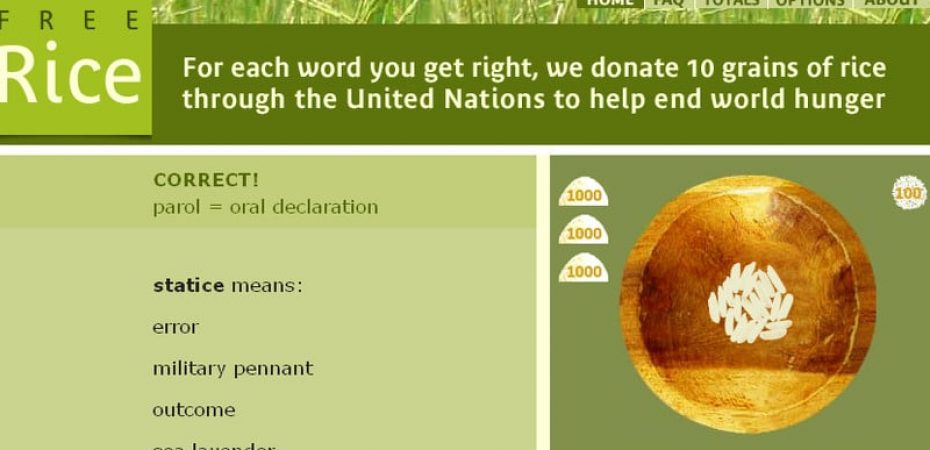It’s 4:42 in the afternoon on a Sunday and you’re relaxing at home. Take a look at what tabs you’ve got open: we bet you’ve got your email going, and maybe some headlines from today’s breaking news. You might even be checking out a handy direct mail tip, too. But sandwiched between a summer salad recipe and a social networking site, there might just be another time waster of a tab… an online game.
There was once a time where computer games had a stigma of sorts attached to them, created and marketed toward young kids with flashy colors and sounds or only for adult “gamers.” But in the past 10 years, online games have garnered a widespread appeal to all ages, providing stress relief or a way to pass the time. And since these games have such a wide demographic and are relatively simple to create and share with the world, it doesn’t take much more thought to realize why so many non-profits are promoting donations through the trend.
We’ve gathered three games sponsored by non-profits currently available to play online which exemplify distinctly different approaches to the medium. Check out today’s strategy, and be sure to check back soon for another bit of Creative Campaigning!
1. Give Something, Gain Something: Freerice.com
Probably the oldest and most well-known example of a donation-based computer game, Freerice.com was launched in October 2007 by the World Food Programme. The concept is simple: the player is presented with a series of academic questions ranging from SAT vocab to chemical symbols, and for every correct answer, ten grains of rice are donated to the WFP. And that’s it. No credit card prompts, no newsletter subscriptions, nothing. You don’t even have to give your first name. All that’s required is a desire to learn (and by proxy, the desire to donate) and an internet connection.
Freerice.com uses the “click-to-donate” business model, which is exactly what it sounds like. It’s only when you click that the food is donated. But don’t start thinking that this is some kind of charitable exhortation, as if WFP has a stockpile of rice grains that they’ll only stingily ration out if you click on their site, funding for Freerice.com is entirely due to advertisers. So the money that funds the food that’s donated is entirely the money raised from the advertisers on the website, advertisements that only appear after a person has answered a question correctly.
A seemingly free donation prompted by the incentive to increase your smarts seems like the perfect viral combination, and judging by the 10 million and counting meals that have been donated since the website’s creation, Freerice.com isn’t just doing something good, they’re doing something right.




